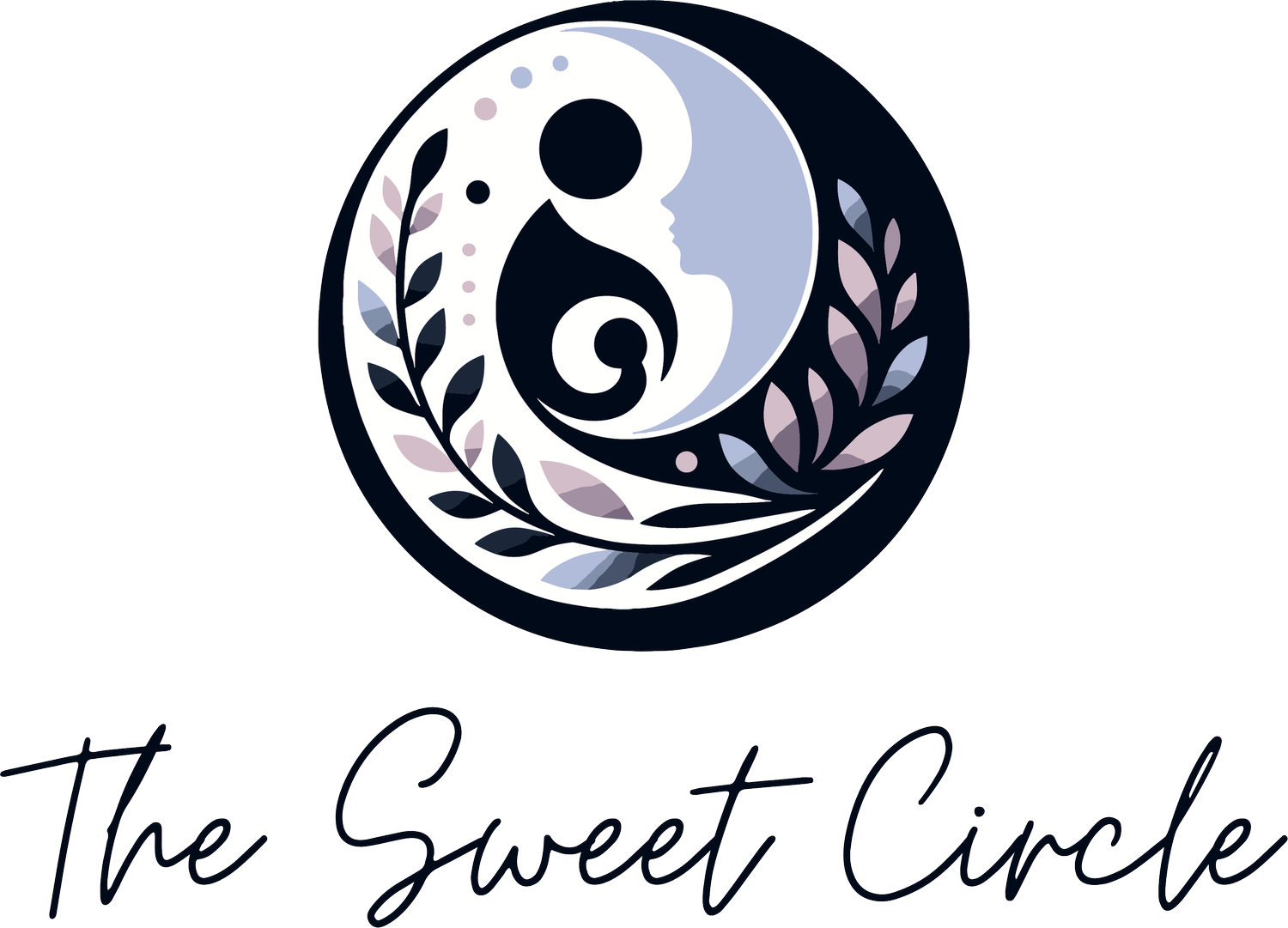Good Enough Mothering
Many of us have heard the saying, “Perfect is the enemy of good.” At first glance, it means that when we aim for perfection, we might stop ourselves from doing, trying, or even enjoying something — just because we can’t do it perfectly.
Sometimes, we do have a choice. Let’s say you think, “I want to try rollerblading.” Then you pause and think, “Well, I’m not great at balancing, and I really don’t want to fall.” So you decide to try something else instead, and maybe come back to rollerblading later. That’s okay.
But with motherhood — and caregiving — there isn’t really a “maybe later.” Babies arrive needing us right away. They look to us for love, safety, food, and comfort from the very beginning.
When I was in graduate school, I learned about Dr. Donald Winnicott, a pediatrician and psychoanalyst. He introduced the idea of the “good-enough mother.” And his message is both freeing and powerful: You don’t have to be perfect. You just have to be good enough.
If we applied his thinking to the rollerblading example, we’d lace up the skates and give it a try — even if we wobble, even if we fall — because trying matters more than doing it flawlessly.
The British Journal of General Practice published an article called Good Enough is Good Enough, by Charlotte Sidebotham, who writes of Winnicott:
“He argued that the good-enough mother was better than the perfect mother. He suggested that no child needs the perfect parent. They just need the decent, good-intentioned, sometimes grumpy mother or father who loves them limitlessly. It would be fair to say that most try to offer the best for their offspring. Many feel guilty when they are not able to do so. The goal of perfection in personal and professional lives appears to be the norm in our society. The concept of ‘good enough’ is rarely recognised. Dr Winnicott’s crucial insight was that perfectionism can be cruel and counterproductive.” (1)
And that’s the heart of it. The idea of what’s “enough” looks different for each of us. As parents and caregivers, we get to define our own enough — not society, not social media, not even well-meaning friends or family.
We can learn to sit with “enough” and get to know it. Sometimes it feels comforting. Sometimes it feels uncomfortable. But inside “enough” is where real life happens—with all its joy, frustration, love, and growth.
And when we let go of the need to be perfect, we might just discover a newfound power.
Reference:
1. Sidebotham C. Good enough is good enough! Br J Gen Pract. 2017 Jul;67(660):311. doi: 10.3399/bjgp17X691409. PMID: 28663420; PMCID: PMC5565862.
